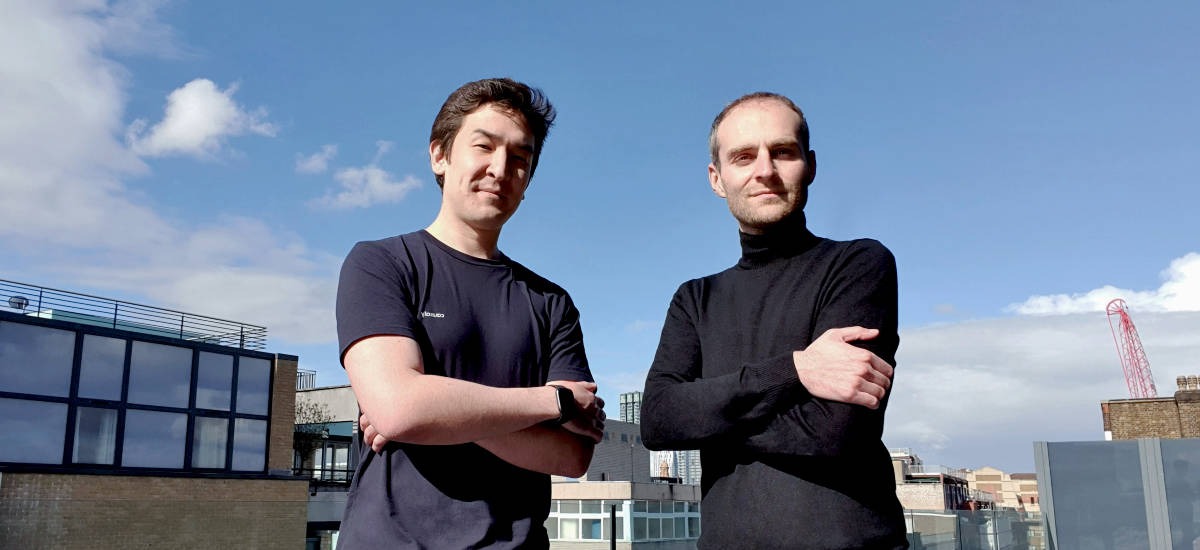Biomedical information including, scientific literature, regulatory documents, clinical trials, and proprietary research – is growing exponentially, and humans are struggling to keep up.
And here’s where Causaly helps overcome this informational bottleneck through its sophisticated algorithms that mimic human reading and extract the meanings encoded in language.
Raised £12 million
Based out of London, Causaly accelerates how humans acquire knowledge and develop insights in Biomedicine. Recently, the company has raised $17 million (approx £12 million) funding in Series A round led by Index Ventures, joined by Marathon, Pentech, and EBRD.
As a part of the funding round, Carlos Gonzalez-Cadenas, partner at Index, joins the board.
With the new funding, Causaly plans to expand its technology team, grow its sales team to allow it to expand into the US, and increase its capacity to work with clients to generate insights from private, proprietary data.
Accelerate medical research, drug discovery
Founded by Artur Saudabayev and Yiannis Kiachopoulos in 2018, Causaly uses machine learning to run deep searches and find answers to complex research questions that would have previously taken weeks months to find with traditional keyword search.
‘Finding a new drug can take over a decade in research, development, and clinical trials, and requires thousands of experts working together with complex evidence,’ says Kiachopoulos. ‘Causaly is the first platform to map correlations and relationships within scientific data, allowing researchers and scientists to innovate rather than having to laboriously find the relationships themselves. This means better decisions about which research areas to prioritise and faster learning cycles. Switching from a ‘standard’ database of documents to Causaly is like going from using a Rolodex of phone numbers to having a smartphone. It’s intuitive, interactive, and shows you where you want to go.’
Reads biomedical literature in seconds
It’s worth mentioning that Causaly’s AI reads the entire volume of biomedical literature ever published in seconds.
The company’s technology is the fastest way for world-leading researchers to find evidence, explore hidden connections between complex physiological mechanisms, and make new predictions in biomedical science.
Wide-range of potential applications
At present, the company is working with nine large pharmaceutical companies, including Gilead and Novartis, as well as institutions such as the National Institute of Environmental Health Sciences.
Causaly’s technology has a wide range of potential applications, including healthcare, cosmetics, consumer goods, and any industry that touches human health.
‘Causaly’s platform transforms the biomedical workflow from one of “search, read, and synthesise” to “ask questions and analyse,”’ says Carlos Gonzalez-Cadenas, partner at Index Ventures. ‘Causaly allows researchers to ask extremely complex questions easily, and get results that would have been nearly impossible otherwise. In an era when Covid has reminded us of the significance of biomedical innovation, Causaly is poised to help unleash the potential of new research for the benefit of humanity.’
One significant use-case for Causaly is the process of screening for biomarkers that are associated with particular diseases or their relationship to treatment response. This typically takes weeks to months of work and is prone to missing important discoveries due to a large amount of literature to trawl through.
Causaly’s Clients have shaved off 80% of the time for biomarker screenings and the technology has proposed innovative solutions when identifying possible applications for cancer treatments.
‘Causaly is the latest example of humans using technology to improve our relationship to knowledge,’ Kiachopoulos says. ‘After Gutenberg invented the printing press, libraries became a way to categorise all the new information and make it manageable. Then with the digital revolution, libraries moved online, turning into documents and databases. Now we need to move a step beyond static repositories of documents towards much richer, multidimensional and interactive modes of knowledge discovery.’

